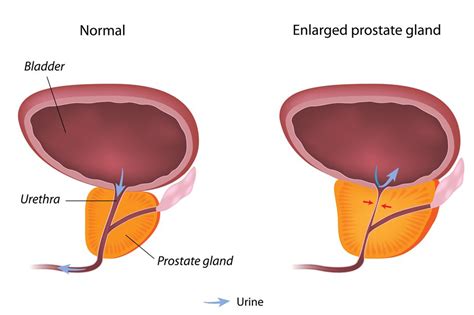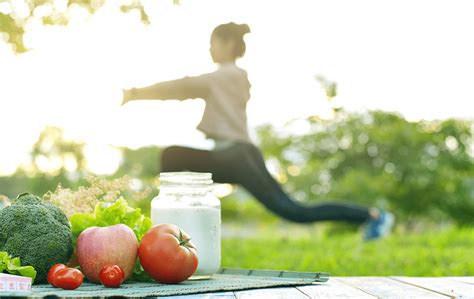What specific nutrient, often found in tomatoes, is particularly emphasized for its potential benefits to men’s prostate health?

When discussing men’s prostate health, a particular nutrient derived from the vibrant red of tomatoes frequently takes center stage. This powerful antioxidant has garnered significant attention for its potential to support prostate wellness and mitigate the risk of certain health conditions. The nutrient in question is Lycopene.

Understanding Lycopene: The Potent Carotenoid
Lycopene is a naturally occurring chemical that gives fruits and vegetables like tomatoes, watermelons, and pink grapefruits their red color. It belongs to a group of pigments called carotenoids, which are known for their strong antioxidant properties. As an antioxidant, lycopene helps protect the body from damage caused by free radicals, unstable molecules that can harm cells and contribute to chronic diseases, including various cancers and heart disease.
In the context of prostate health, lycopene’s antioxidant activity is particularly emphasized. Oxidative stress is believed to play a role in the development and progression of prostate issues, from benign prostatic hyperplasia (BPH) to prostate cancer. By neutralizing free radicals, lycopene helps reduce this oxidative stress, potentially offering a protective effect on prostate cells.
Tomato Power: Rich Sources and Enhanced Bioavailability
While lycopene is found in several red and pink fruits, tomatoes and tomato-based products are by far the richest dietary sources. Interestingly, the body absorbs lycopene more effectively from cooked and processed tomato products, such as tomato paste, sauces, and juice, than from raw tomatoes. This is because heat processing breaks down the cell walls of tomatoes, making the lycopene more accessible for absorption. Furthermore, consuming lycopene with a small amount of fat (like olive oil in a sauce) can significantly enhance its bioavailability, as it is a fat-soluble compound.

Lycopene’s Role in Prostate Health
Research into lycopene’s effects on prostate health has been ongoing for decades, yielding a mix of promising and sometimes inconclusive results. However, many studies suggest a beneficial association:
- Reduced Prostate Cancer Risk: Some epidemiological studies have indicated that men with higher dietary intake of lycopene, or higher blood levels of lycopene, may have a lower risk of developing prostate cancer. The proposed mechanisms include its antioxidant capabilities, anti-inflammatory effects, and ability to modulate cell growth and apoptosis (programmed cell death) in prostate cells.
- Slowed Progression: For men already diagnosed with prostate cancer, some preliminary research suggests that lycopene might help slow the progression of the disease or reduce the risk of recurrence, though more robust clinical trials are needed.
- Benign Prostatic Hyperplasia (BPH): Lycopene’s anti-inflammatory properties may also offer benefits for men suffering from BPH, a common condition where the prostate gland enlarges, leading to urinary symptoms. Reducing inflammation could potentially alleviate some of these symptoms.
It’s crucial to note that while the evidence is encouraging, lycopene is not a cure or a standalone treatment for prostate conditions. It’s considered a supportive nutrient that contributes to overall health.

Incorporating Lycopene into Your Diet
To maximize your intake of lycopene for prostate health, consider the following dietary strategies:
- Eat More Tomatoes: Aim to include cooked tomato products regularly in your diet. Think pasta sauces, tomato soup, pizza with tomato sauce, or even a glass of tomato juice.
- Combine with Healthy Fats: Always pair your lycopene-rich foods with healthy fats like olive oil, avocado, or nuts to enhance absorption.
- Diversify Your Diet: While tomatoes are king, don’t forget other sources like watermelon, pink grapefruit, guava, and papaya for a broader spectrum of nutrients.
- Consider Supplements (with Caution): Lycopene supplements are available, but it’s generally recommended to obtain nutrients from whole foods first. If considering supplements, always consult with a healthcare professional, especially if you have existing health conditions or are taking medications.

Conclusion: A Promising Nutrient for Men’s Wellness
Lycopene, the vibrant carotenoid abundant in tomatoes, stands out as a key nutrient emphasized for its potential benefits to men’s prostate health. Through its powerful antioxidant and anti-inflammatory actions, it may play a significant role in reducing oxidative stress and supporting healthy cellular function in the prostate. While ongoing research continues to refine our understanding, incorporating lycopene-rich foods into a balanced and healthy diet remains a highly recommended strategy for men looking to proactively support their prostate health and overall well-being. Always remember to discuss dietary changes and health concerns with your doctor or a registered dietitian.








